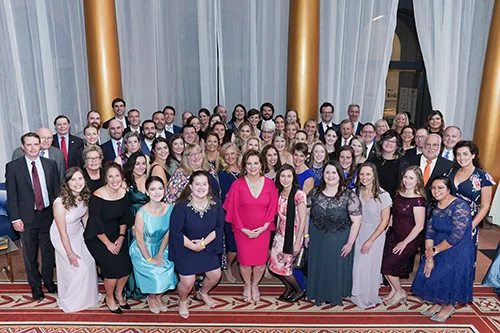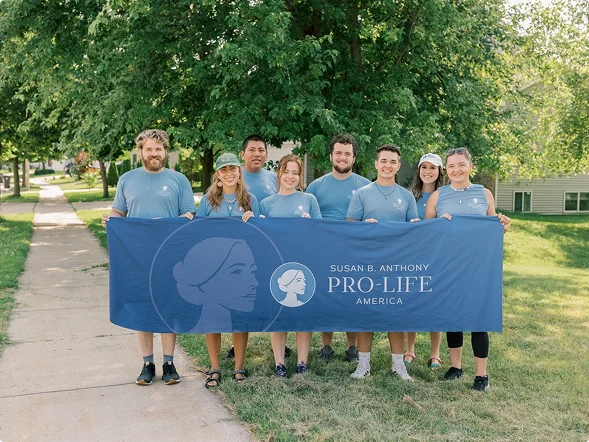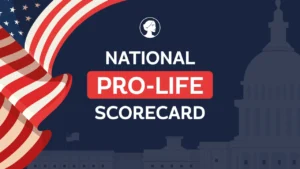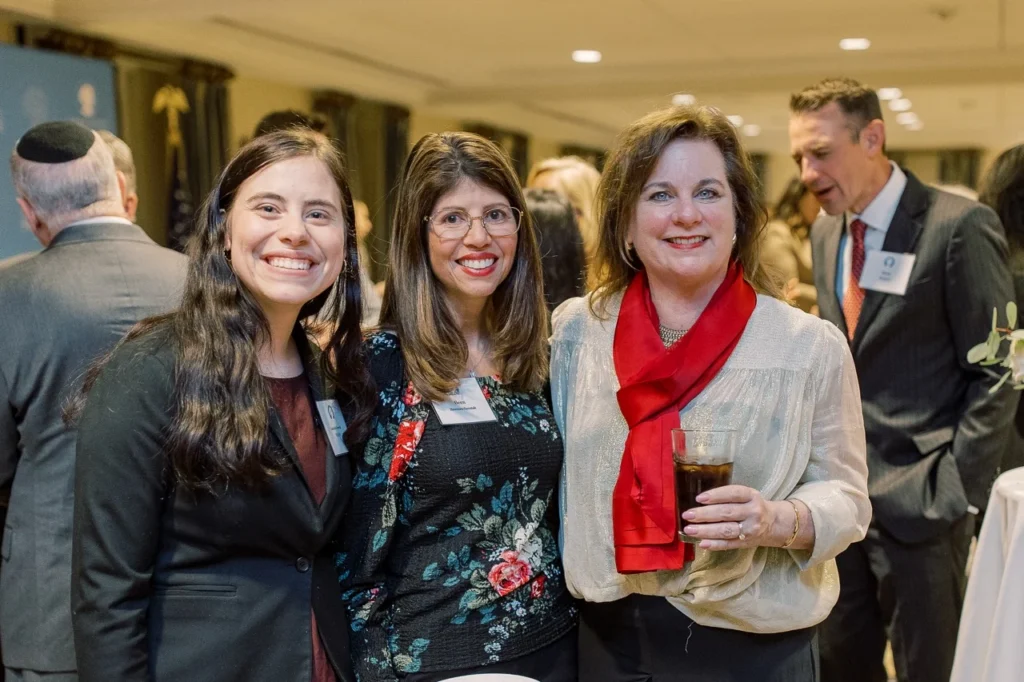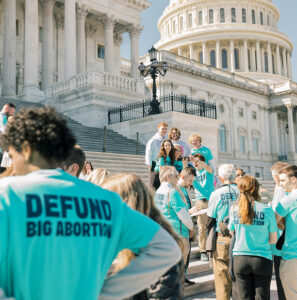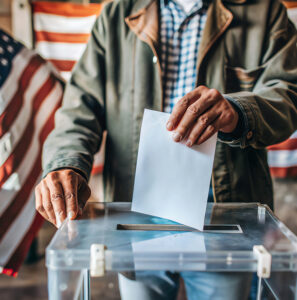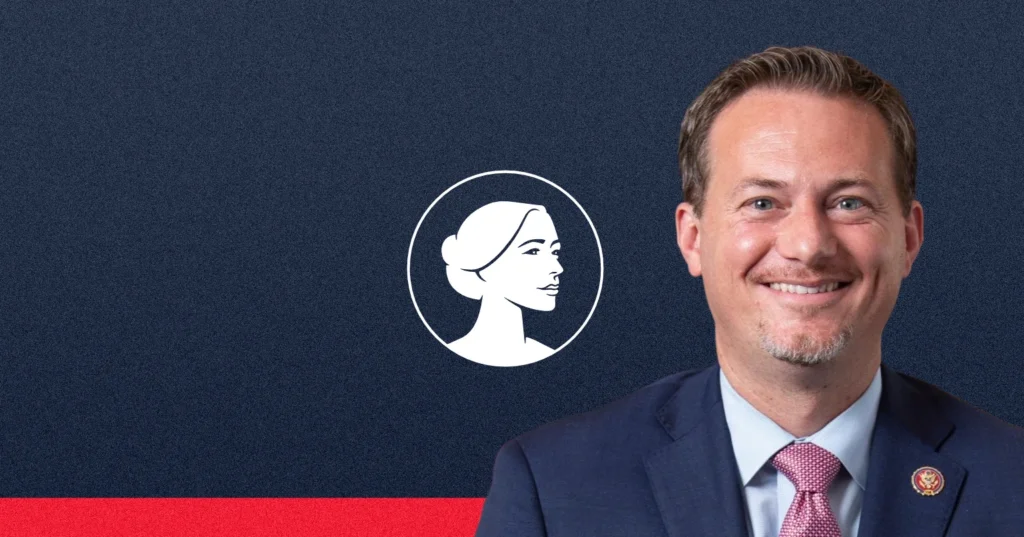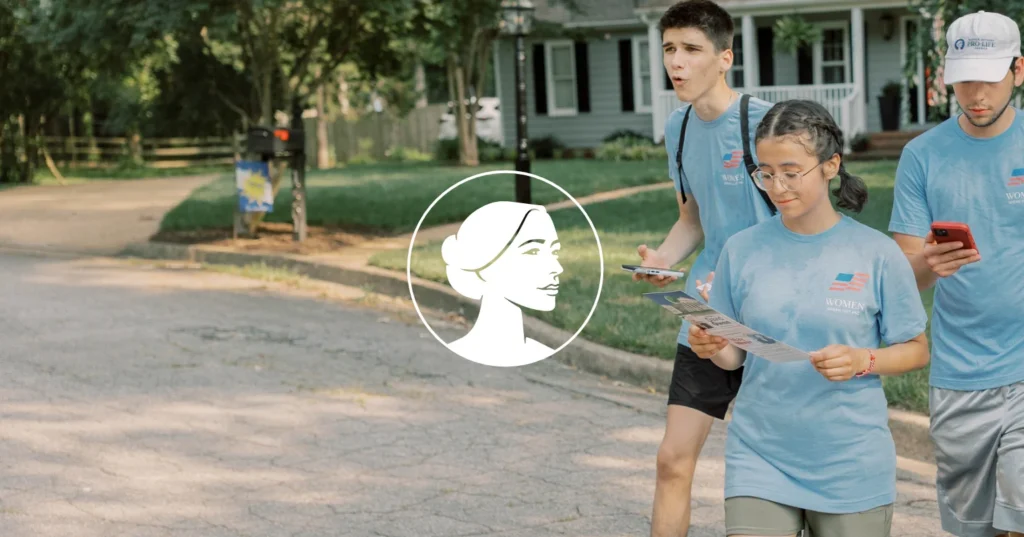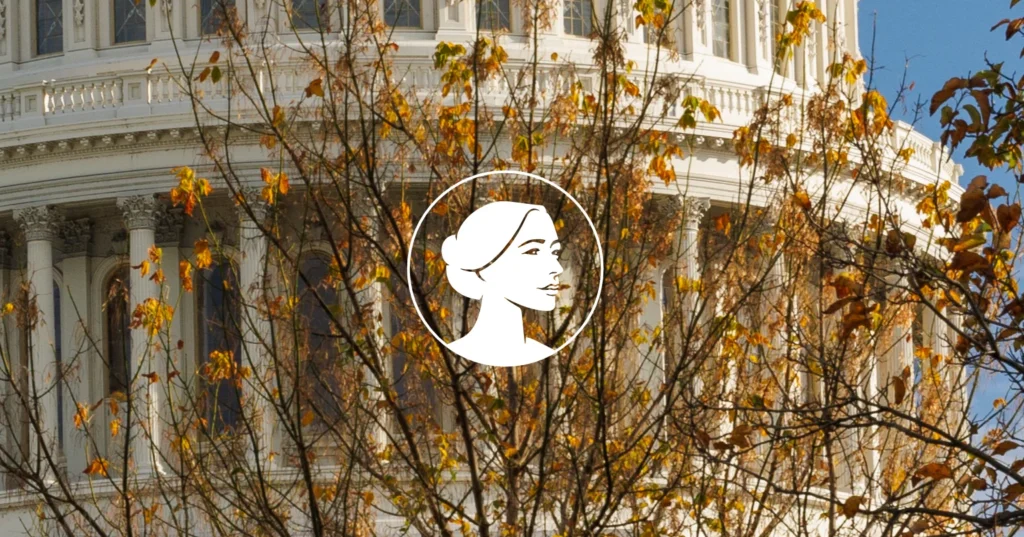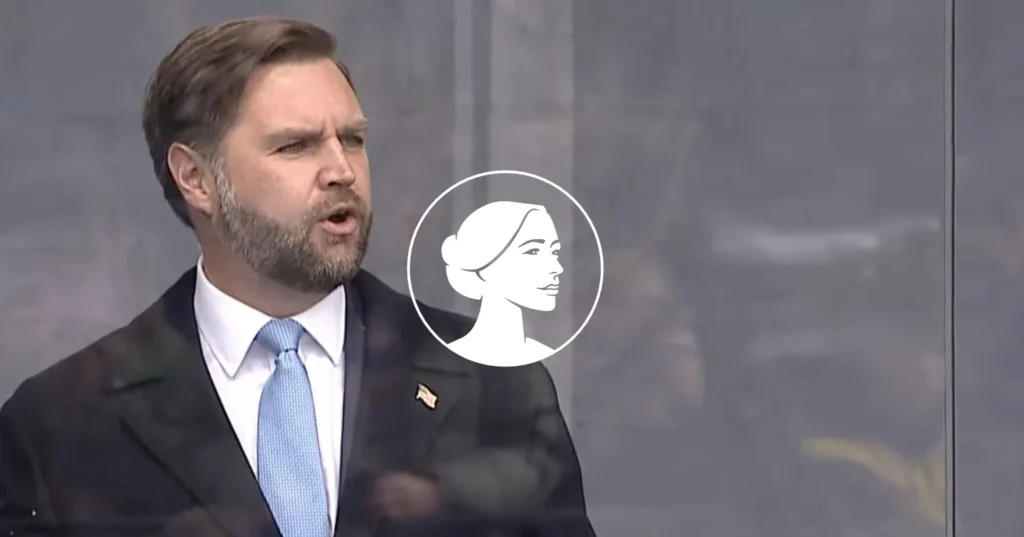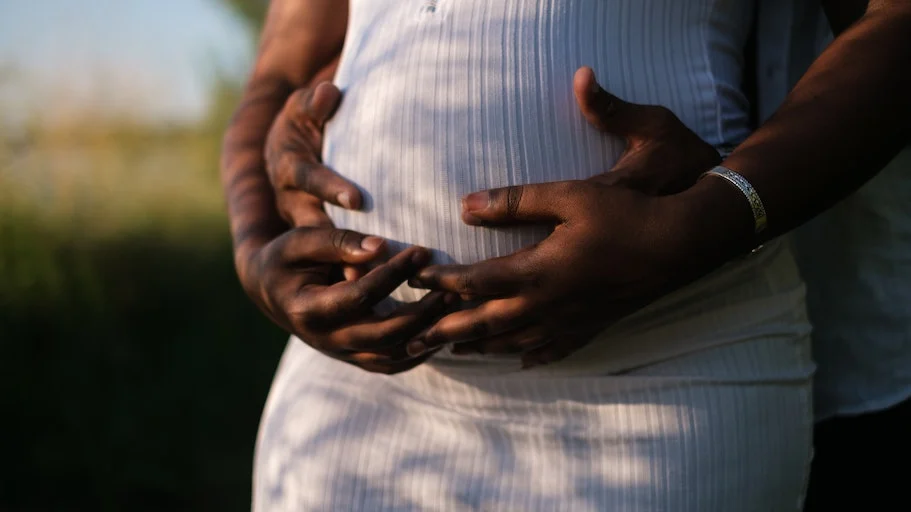Silencing the Silent – The Rise of Buffer Zones and the Fall of Free Speech
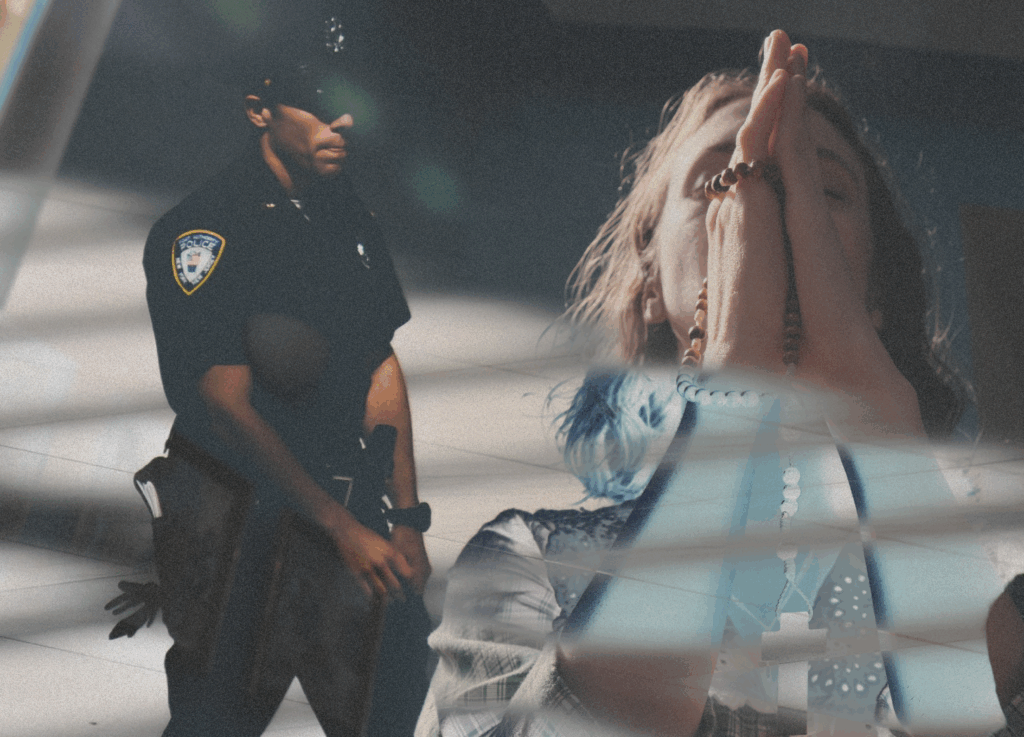
Vice President JD Vance began his recent remarks at the National Catholic Prayer Breakfast by noting a deeply concerning trend: “The last administration liked to throw people in jail for silently praying” outside abortion centers.
Thank you, @VP, for recognizing the horrors pro-life Americans and the unborn endured under Biden.
Grateful that our new admin rejects Biden’s radical agenda and commits to the fundamental principle that life is sacred and worth fighting for! pic.twitter.com/3ssGOhjt15
— SBA Pro-Life America (@sbaprolife) February 28, 2025
The problem Vance speaks of is not uniquely American, and he raises it persistently. In a speech before the Munich Security Conference that has created a stir, Vance warned, “In Britain, and across Europe, free speech, I fear, is in retreat.” He referenced the October 2024 conviction of military veteran Adam Smith-Connor, who was found guilty of praying near an abortion facility under a so-called “buffer zone” restriction in the UK, a law that prohibits certain conduct, including speaking to abortion-minded women about alternatives, within a distance of abortion businesses. He neither spoke nor interacted with anyone; all he did was bow his head and pray silently. Nonetheless, when police discovered the nature of his prayer, he was fined, charged and convicted.
Smith-Connor is not alone. Pro-life charity worker Isabel Vaughan-Spruce has been arrested twice for silently praying. Just last month, a woman was arrested under a Scottish buffer zone law for holding up a sign that said, “Coercion is a crime, here to talk, only if you want.” Scotland’s buffer zone law goes beyond criminalizing silent prayer. If your speech can be heard or seen inside a buffer zone, then it is a crime to speak against abortion even in your own home.
Scotland’s buffer zone bill passed the Scottish Parliament by a shocking 118-1. But even though it is brand new, the law’s author, Gilliam MacKay, says she thinks the 200-meter buffer zone is too small.
In the US, buffer zones are a prime example of viewpoint discrimination and denial of the democratic right to think and speak freely. They violate First Amendment principles because they place a content-based restriction on speech. A restriction is content-based when it suppresses speech based on the nature of its message. In the case of a buffer zone around an abortion business, it denies a sidewalk counselor the right to speak while simultaneously denying women the right to hear.
In a nation with an estimated 1 million abortions annually, most of which occur with some level of unwanted pressure, it should come as no surprise that there are people wishing to speak against these deadly abortions – and people wishing to learn about the resources and alternatives available to them, even as they approach the front door of the abortion business.
The Supreme Court has long held content-based restrictions unconstitutional because they allow the government to decide what types of speech it finds agreeable or offensive. In 2015, the Court doubled down, ruling that restrictions are content-based if they ban public discussion on an entire topic, even if the ban doesn’t single out a particular viewpoint. Buffer zones preclude public discussion about abortion, which is both a public policy issue and an issue of deeply held moral convictions for countless Americans.
In Hill v. Colorado (2000), however, the Supreme Court first examined the constitutionality of buffer zones and a divided court upheld such a law in Colorado. The Court’s decision rested on semantics; writing the majority opinion, Justice John Paul Stevens claimed “it is not a ‘regulation of speech.’ Rather, it is a regulation of the places where some speech may occur.” The majority failed to recognize this distinction has no difference. Justice Thomas countered that Hill purposely manipulated First Amendment precedent to obstruct pro-life advocates. Furthermore, Hill validated a content-based speech restriction, which the First Amendment guards against. In his dissent, Justice Scalia explained Colorado’s law was a content-based restriction because the regulation only applied when individuals spoke on certain subjects.
The Supreme Court’s acceptance of Colorado’s speech restrictions opened the door for government interference, harassment and criminalization of pro-life advocacy. Under the Biden administration, over 20 pro-life advocates were jailed for peacefully protesting. Many of these individuals were elderly and presented no physical threat to people entering abortion facilities.
Biden prosecuted these individuals under the 1994 Freedom of Access to Clinic Entrances Act, which is supposed to protect churches and pregnancy centers as well as abortion facilities. In reality, enforcement of the FACE Act has been one-sided: 97% of FACE Act prosecutions have targeted pro-life activists, even as the FBI admitted violence and threats are overwhelmingly directed at pro-life organizations. And despite 400+ attacks on churches in 2024, Biden’s Justice Department failed to prosecute a single church attacker under the act.
Sentencing, too, has been disproportionate. Instead of using the law in accordance with its original design, Biden treated the FACE Act as a tool to punish his political opponents by elevating minor trespassing offenses to felony charges carrying years of prison time.
Since assuming office, Trump has pardoned 23 pro-life individuals for peacefully protesting. He also announced that the federal government will no longer enforce the FACE Act. Attorney General Pam Bondi has promised to stop this weaponization of government.
Pro-life and free speech advocates are pushing back against the rise of buffer zones that occurred in conjunction with the Dobbs decision. After Dobbs rebutted the idea that abortion is a constitutional right, Hill’s claim that “a person’s right to protest […] must be balanced against another person’s right to obtain medical counseling and treatment” is in a precarious position when it comes to abortion. Advocates have filed at least half a dozen lawsuits in federal court:
- Lopez v. City of San Diego
- Florida Preborn Rescue v. City of Clearwater
- Coalition Life v. City of Carbondale
- Turco v. City of Englewood
- 40 Days for Life v. County of Westchester
- Sisters for Life, Inc. v. Louisville-Jefferson County. Metro Government
Unfortunately, the Supreme Court declined to hear two of the more prominent buffer zone cases last week. Despite this setback, several lawsuits challenging legally dubious buffer zones are still pending; the issue won’t disappear. So long as governments and officials deny people the right to speak and think freely, free speech and pro-life advocates will continue to push back.
Why should everyone, not just pro-lifers, care? Besides hindering mothers who might want to receive help keeping their babies, buffer zones are antithetical to democratic values. In response to Smith-Connor’s conviction, ADF International counsel Jeremiah Igunnubole explained,
The right to hold a consensual conversation, or engage in silent prayer, are protected by international legal provisions on freedom of thought and speech. Yet the lack of clarity in the law could result in many more citizens like Adam being interrogated or even charged for simply directing silent thoughts towards God. This is a watershed moment for British freedoms, and one the public must not take lightly.
Ironically, democratic freedoms are frequently under attack from those who profess to defend them the loudest. Neither Americans nor other citizens of other Western democracies can be expected to sit idly by as their government convicts them of thought crimes. Buffer zone laws are incompatible with freedom of expression and thought. Vance was right to call out the illiberal attacks on pro-lifers abroad, and the Trump administration is right to protect the speech rights of pro-life Americans at home.
Join the movement that fights for justice and ends abortion.
Yes, I want to receive up-to-the-minute email updates on the latest pro-life news and opportunities for me to take action to serve women and save babies.
